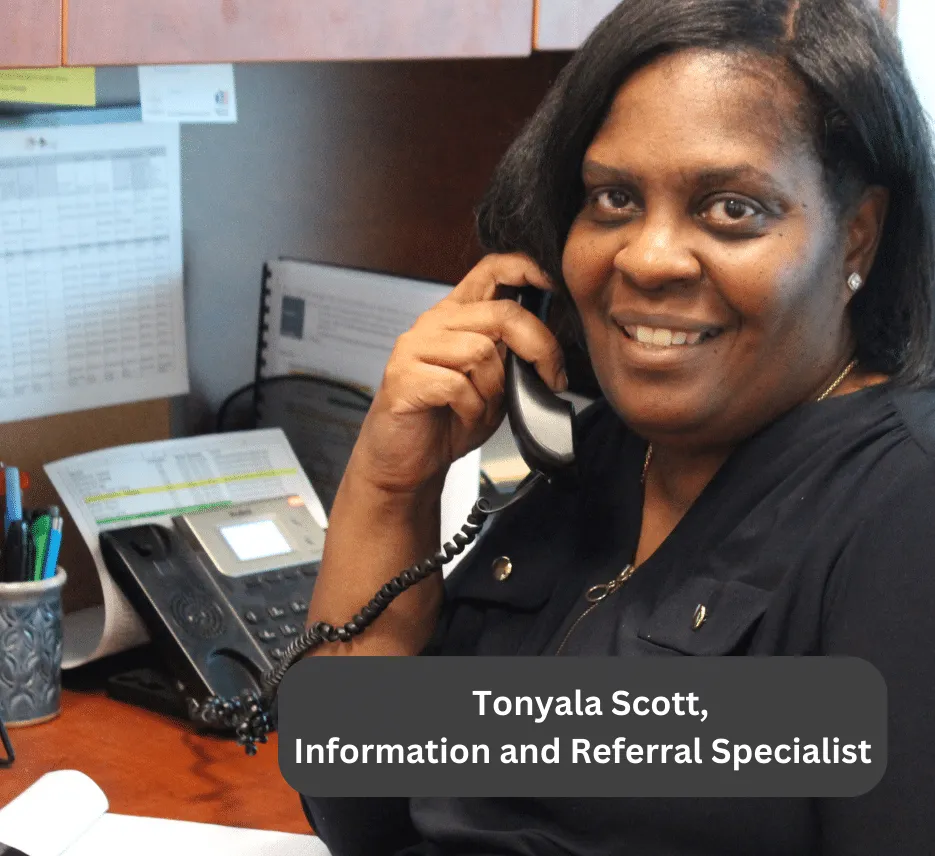Why is it important to seek the services of an adoption-competent therapist when concerns first arise with your child, rather than waiting until adolescence or when a crisis occurs?
Why is it important to seek the services of an adoption-competent therapist when concerns first arise with your child, rather than waiting until adolescence or when a crisis occurs?

First, it’s never too late to pursue therapy from mental health professionals trained in adoption competency. Adult adoptees and adoptive parents who have found previous therapy unhelpful or even hurtful may be understandably discouraged and skeptical, questioning why they should believe that ‘this therapy will work when previous therapy has not.’
Therapists who are trained in adoption-competency have the experience that equips them with the knowledge and skills needed to provide effective treatment to members of the adoption constellation.
Therapists who are trained in adoption competency understand how a youth’s pre-placement history and unique experience of loss and grief and complex trauma, including breaks in attachment, can impact their emotional, social and cognitive, and behavioral growth and development. The therapist considers how a child’s challenging behaviors may be rooted in fears around loss and rejection; lack of trust and insecure attachment. They then work with the child and family to understand the child’s early experiences to promote healing and family well-being.
In previous treatment, families often share that they felt ‘blamed’ and ‘left out’ of the therapy. Adoption-competent therapy is strengths-based and family-oriented. Parents won’t feel as if they are being ‘blamed’ or ‘left out’ of the therapeutic process. They are an integral part of treatment and always receive invaluable psychoeducation regarding the challenges they are experiencing with their children.
In adoption-competent therapy, parents learn why the parenting approaches and behavioral interventions tried in previous treatment were completely ineffective and even harmful for children from compromised beginnings. For example, as they learn about the impact of trauma on the brain, parents are often relieved to understand that their child’s tantrums are likely driven by an inability to self-soothe (likely caused by early neglect). Parents are then receptive to learning trauma- and attachment-focused parenting skills.
Adoption-competent therapy arms parents with knowledge about how adoption can impact adolescence. Parents can then provide needed support to teens to help navigate issues related to identity and self-esteem. Therapist assist parents to feel empowered and confident in communicating and working with school personnel to understand what their child needs to be able to succeed in school.
Being proactive and engaging a therapist with training in adoption-competency when concerns first arise in childhood can prevent problems from becoming worse. Many well-meaning parents ignore the ‘red flags’ until their child reaches adolescence and difficulties reach a crisis point. For example, intervening early when a child is first beginning to have difficulties navigating friendships or developing lasting friendships, can prevent more serious consequences in adolescence. Teens who experience difficulties in peer relationships are at greater risk for depression and substance abuse. Armed with an understanding of how early trauma and loss likely has impacted their child’s ability to read social cues and respect boundaries, parents can work together with their therapist to help the child develop those necessary social skills. A proactive approach allows families to receive guidance and support before they feel completely overwhelmed by a teen’s extreme behavior.
Written by Michelle Collins, LCMFT, Former C.A.S.E. therapist trained in adoption-competency













